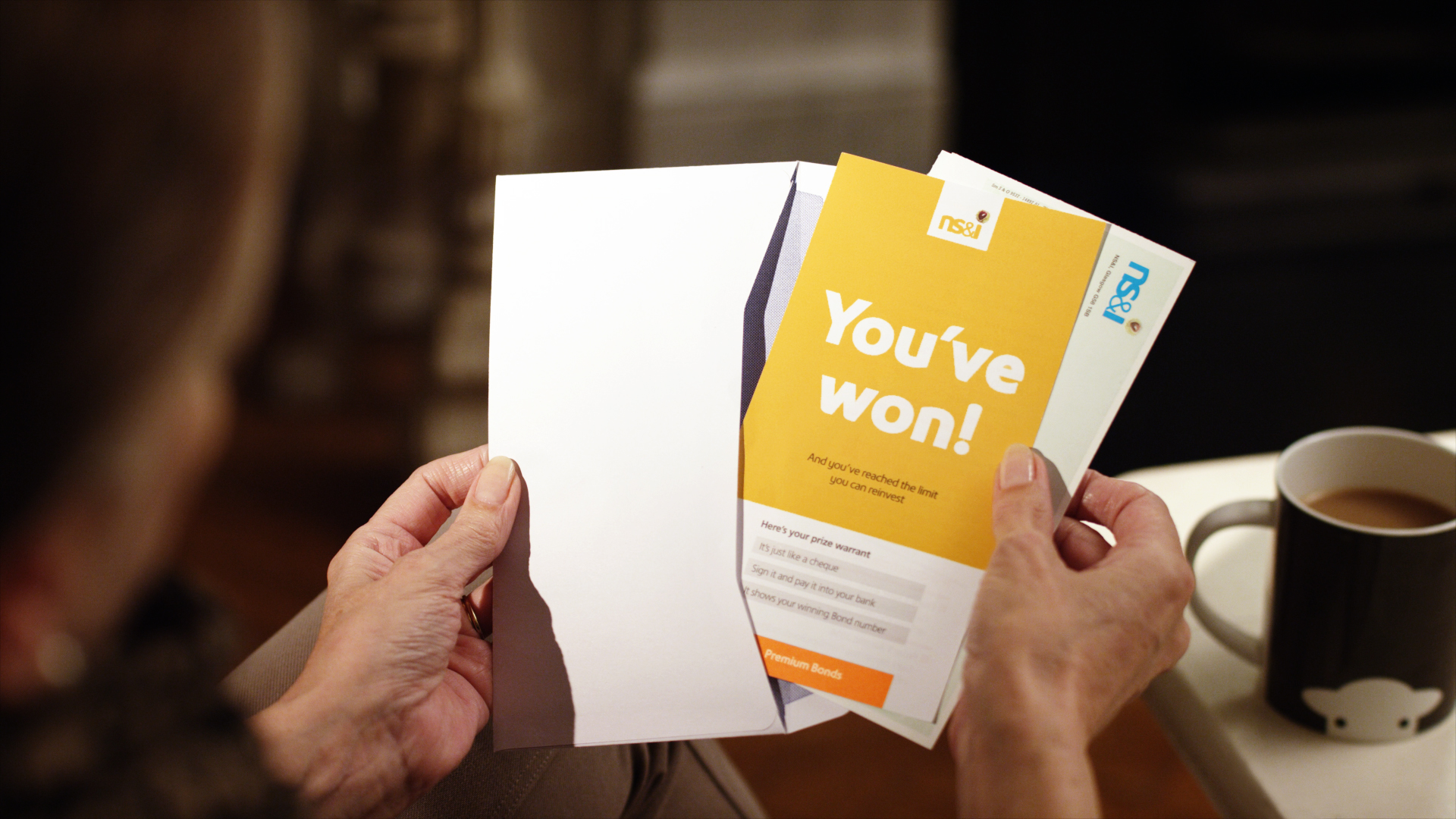
From 1 January, freelancer platforms such as Ebay, Vinted, Airbnb, Fiverr, Upwork, Uber, and Etsy will record how much its users make and report this to HMRC.
Previously, HMRC could request this data on an ad-hoc basis, but from 1 January, it can be given automatically.
The tax office will use the data to compare to those who are reporting self-assessment income from the platforms. This will enable tax inspectors to check for discrepancies and investigate anyone they suspect of not paying the right amount of tax.
The new rules won’t impact you if you are declaring your income earned from these platforms correctly – but you could be affected if you are not declaring earned income from side hustles, or under-reporting your earnings to HMRC.
The new rules have been introduced under section 349 of the Finance (No.2) Act 2023. They will affect both digital platforms in the UK that facilitate the provision of services or the sale of goods by UK or other taxpayers, and individuals and companies who provide services or sell goods on digital platforms.

How life insurance can benefit your health and wellbeing over the decades
Sponsored by Post Office
What are the rules regarding side hustles and tax?
The ‘trading allowance’ lets you earn up to £1,000 per tax year which you can use against any gross income made from self-employment, casual or miscellaneous sources. This £1,000 is in addition to your personal allowance.
You can also earn up to £7,500 tax-free from letting out furnished accommodation in your home, under the Rent A Room Scheme.
If you make more than this from side hustles you need to tell HMRC. Either your tax code will be changed, or you’ll need to complete a self-assessment tax return.
A statement from HMRC read: “Digital platforms include apps and websites which facilitate the provision of goods and services such as the provision of taxi and private hire services, food delivery services, freelance work and the letting of short-term accommodation.
“This measure introduces regulations which will require certain UK digital platforms to report information to HMRC about the income of sellers of goods and services on their platform. HMRC will then exchange the information with the other participating tax authorities for the jurisdictions where the sellers are tax resident.
“Under the Organisation for Economic Co-operation and Development (OECD) rules, digital platforms in participating jurisdictions will be required to provide a copy of the information to the taxpayer to help them comply with their tax obligations.”




